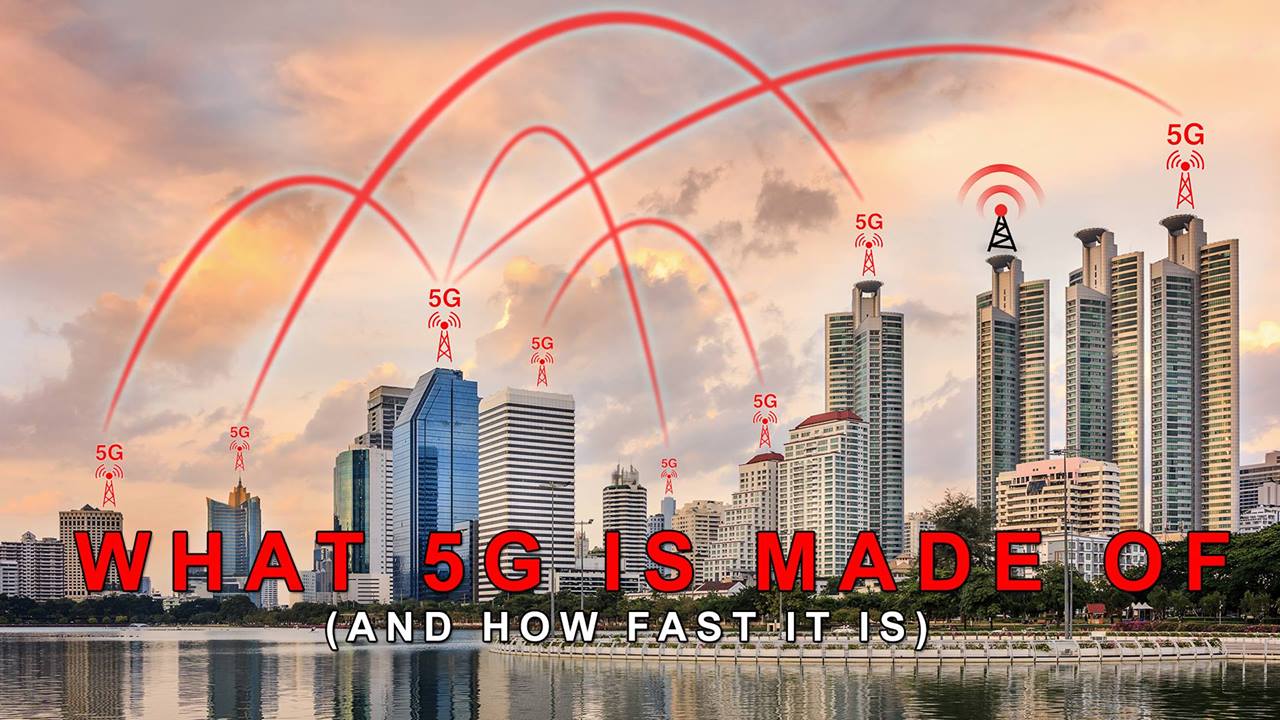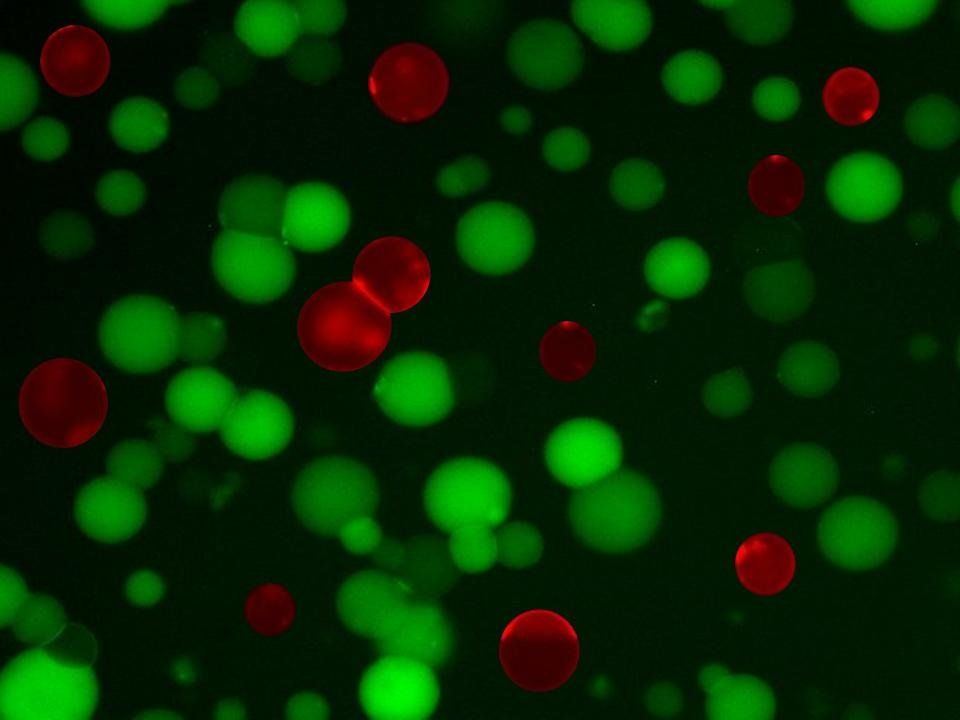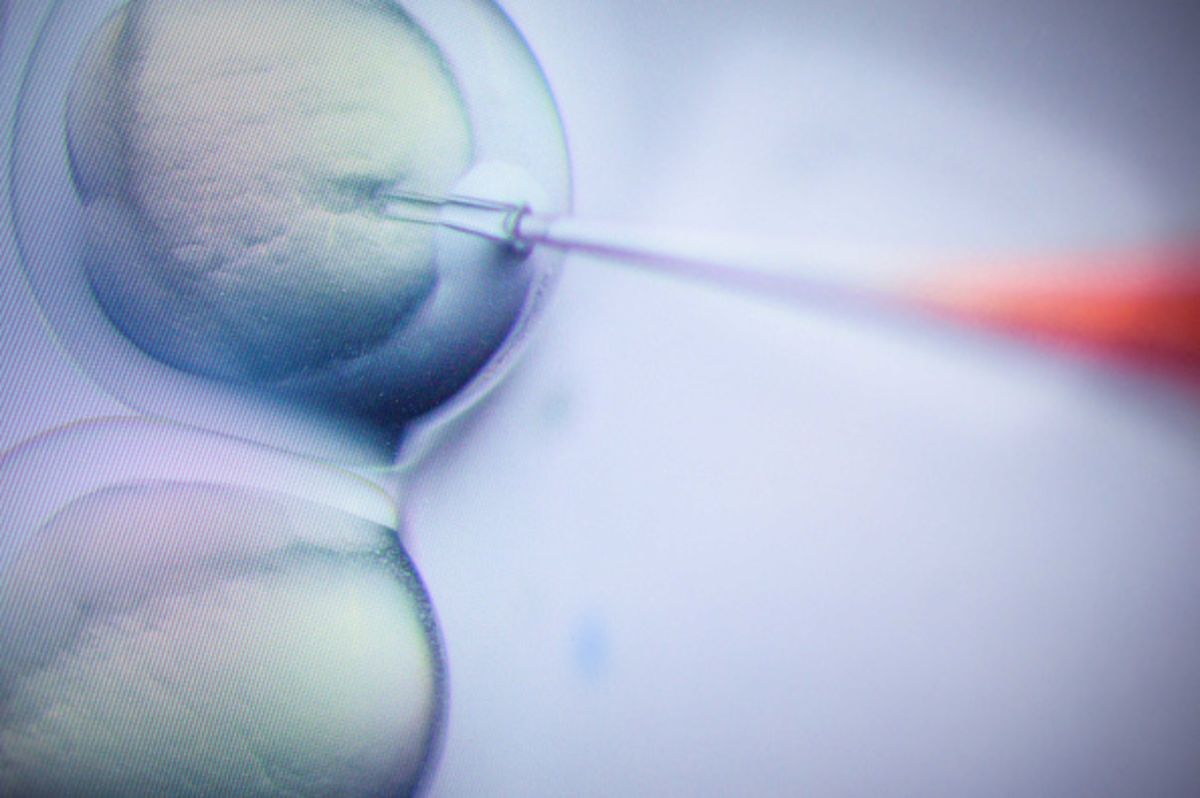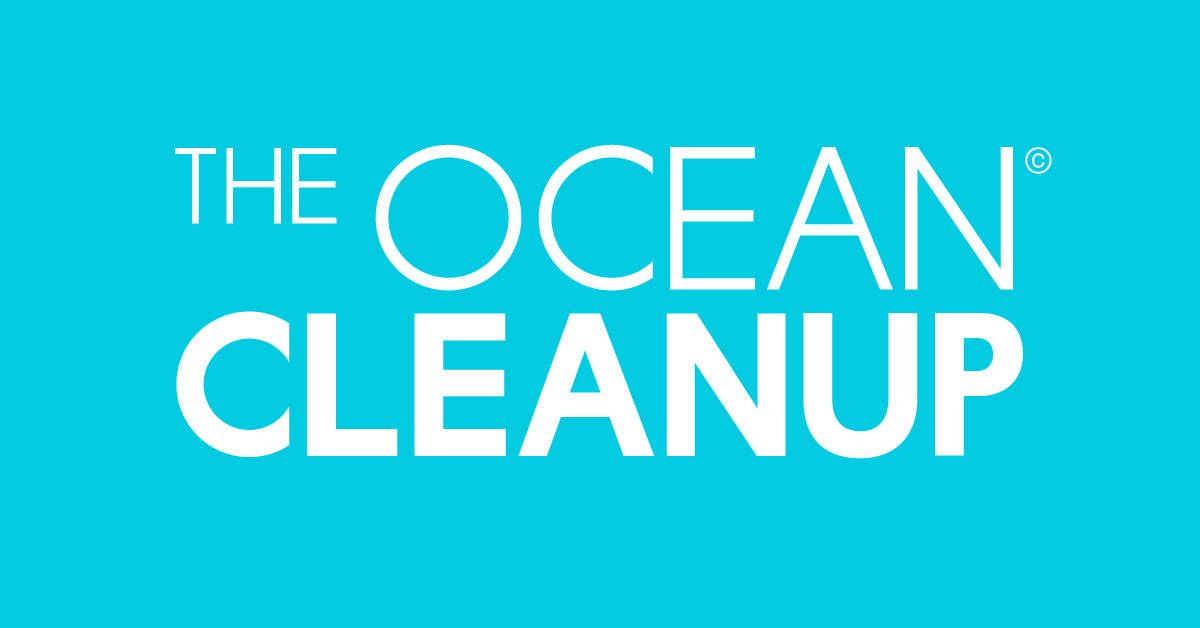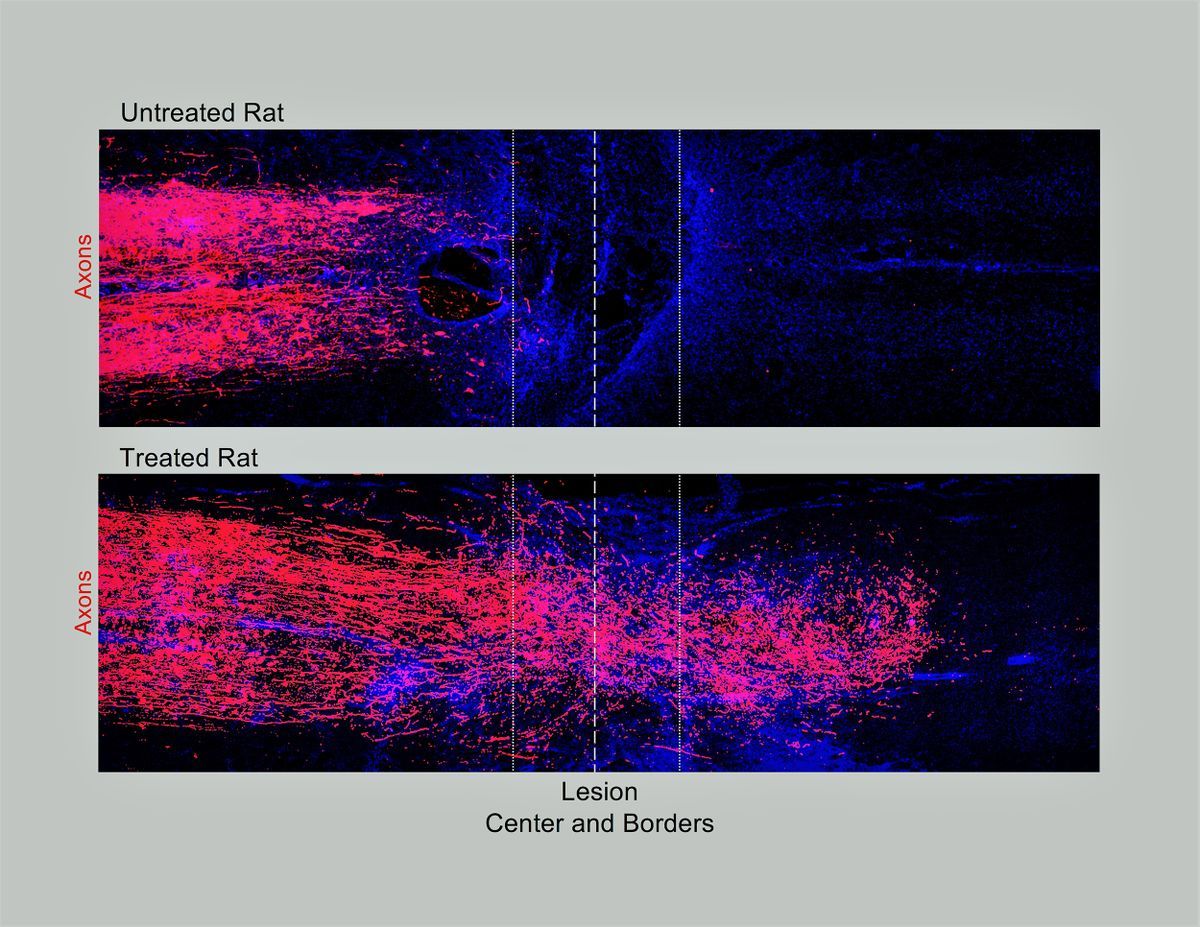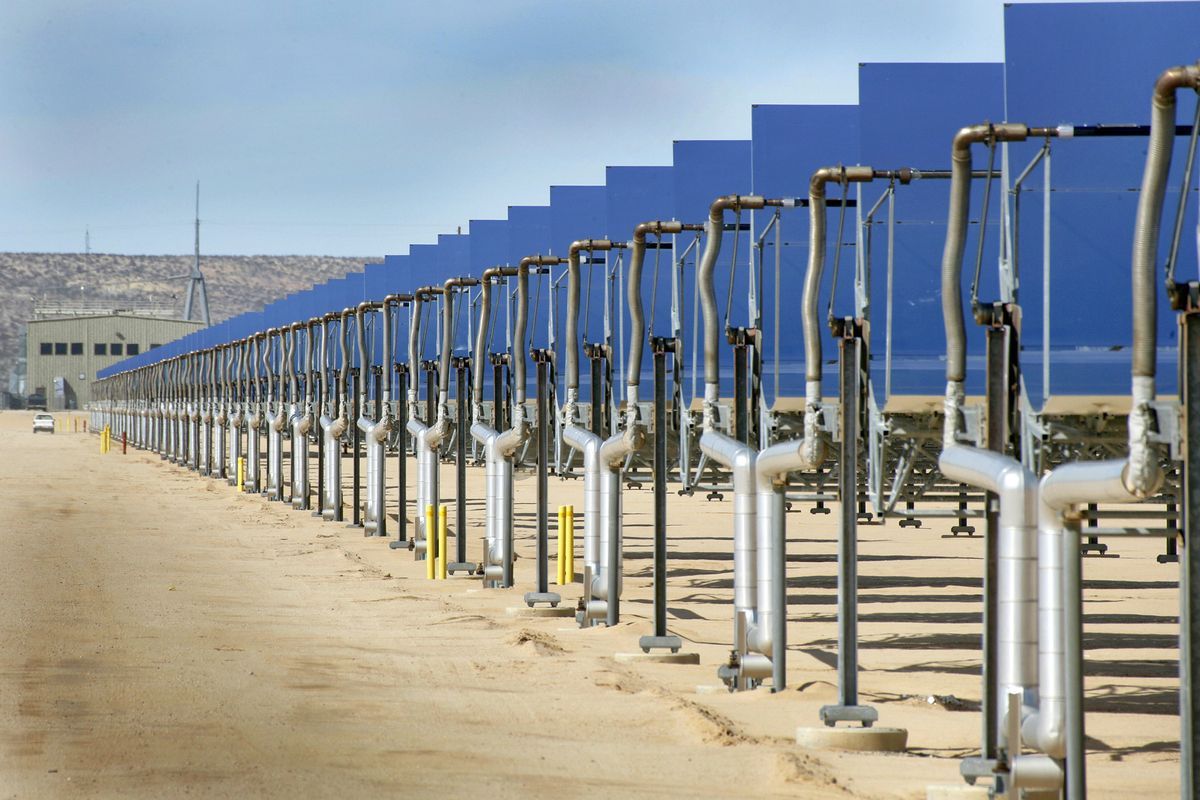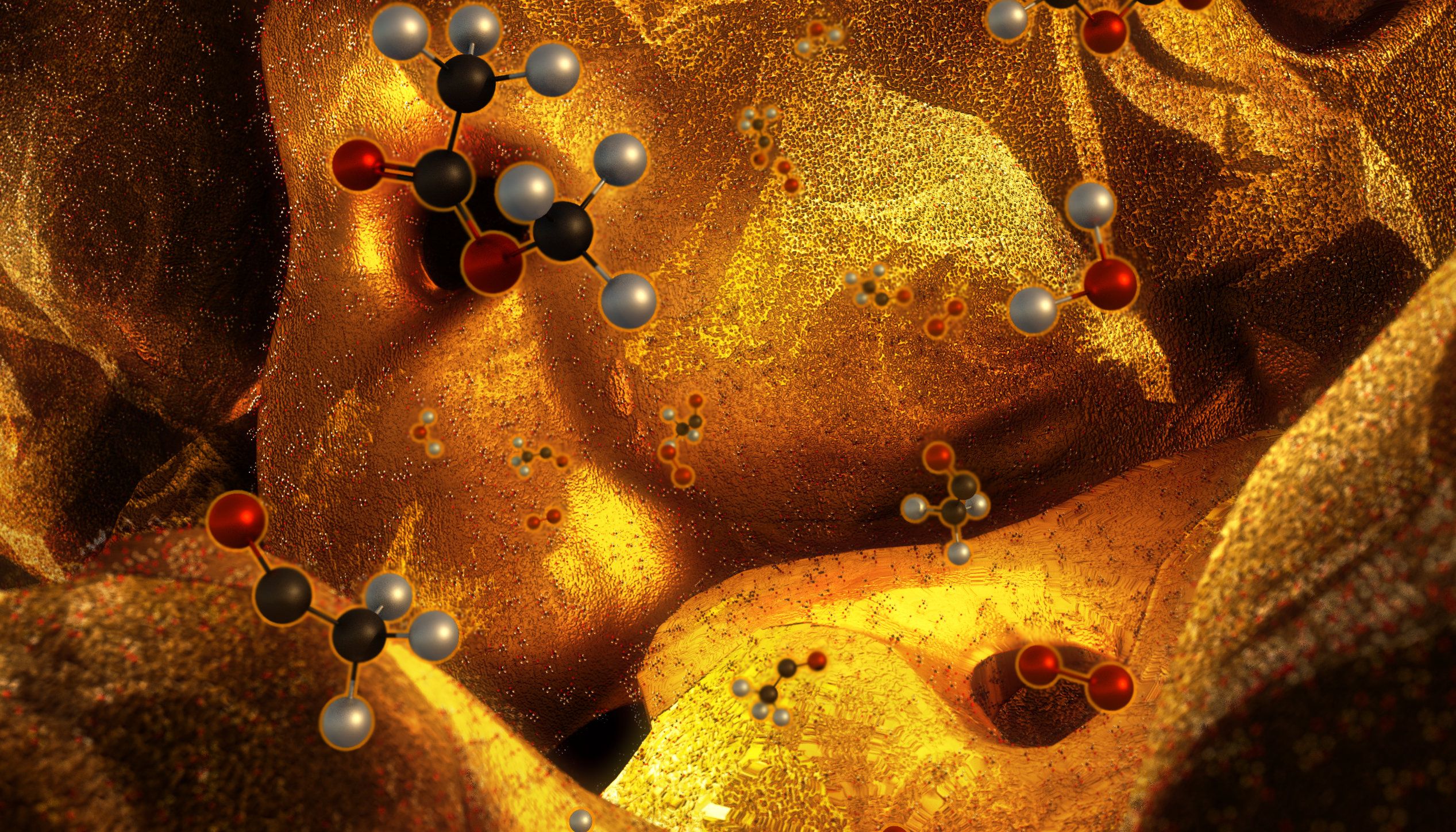
Nanoporous metals are superior catalysts for chemical reactions due to their large surface area and high electrical conductivity, making them perfect candidates for applications such as electrochemical reactors, sensors and actuators.
In a study published today in the journal Science Advances, Lawrence Livermore National Laboratory (LLNL) researchers, along with their counterparts at Harvard University, report on the hierarchical 3D printing of nanoporous gold, a proof of concept that researchers say could revolutionize the design of chemical reactors.
“If you consider traditional machining processes, it’s time consuming and you waste a lot of materials—also, you don’t have the capability to create complex structures,” said LLNL postdoctoral researcher Zhen Qi, a co-author on the paper. “By using 3D printing we can realize macroporous structures with application-specific flow patterns. By creating hierarchical structures, we provide pathways for fast mass transport to take full advantage of the large surface area of nanoporous materials. It’s also a way to save materials, especially precious metals.”
Continue reading “Hierarchical 3D printing of nanoporous gold could ‘revolutionize’ electrochemical reactor design” »
